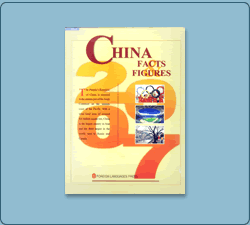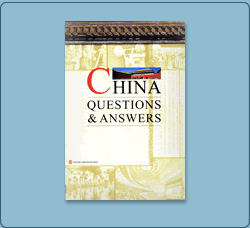|
Family planning has been one of China's basic state policies, which combines government guidance with voluntary compliance of the citizens. The government guidance includes: formulation by the central and local governments of policies and regulations for controlling population growth, improving population quality and structure, as well as macro population development plans. The governments also provide consultation, guidance and technical services concerning reproduction care, contraception, healthy birth and sound rearing. Voluntary compliance of citizens means that couples of child-bearing age, guided by relevant state policies and regulations, can make arrangement for pregnancy and birth-giving in an appropriate and responsible manner, choose appropriate contraception methods, taking their age, health, employment and financial situations into consideration.
The basic requirements of family planning: late marriage and late childbearing, having fewer but healthier babies, especially one child per couple. But a flexible practice is adopted for rural people and ethnic minorities. In rural areas, couples may have a second baby in exceptional cases, but must wait several years after the birth of the first child. In areas inhabited by minority people, each ethnic group may work out its own regulations in accordance with its wish, population, natural resources, economy, culture and customs: in general a couple may have a second baby, or a third in some places. As for ethnic minorities with extremely small populations, a couple may have as many children as they want.
Since the initiation of the family planning policy, late marriage, late childbearing and fewer but healthier babies have become the accepted norms of most people in China. The policy has helped women shed the burden of frequent childbearing and heavy housework, thus improving the health of mothers and children alike.
|




